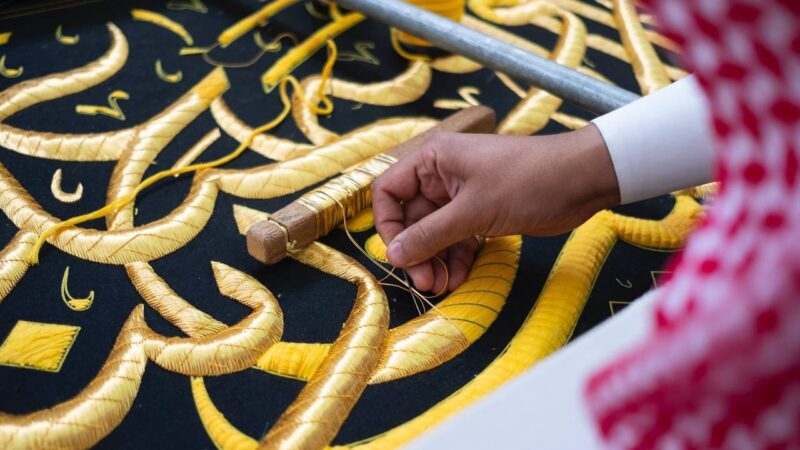Australian researchers have revealed that the coronavirus can survive on banknotes, glass and stainless steel for up to 28 days, much longer than the flu virus. Influenza A virus has been found to survive on surfaces for 17 days. In the study was published in Virology Journal, researchers highlighted the need for cleaning and handwashing to combat the virus.
Researchers at Australia’s national science agency, CSIRO, found that at 20 degrees Celsius (68 degrees Fahrenheit) the SARS-COV-2 virus remained infectious for 28 days on smooth surfaces such as plastic banknotes and glass found on mobile phone screens.
CSIRO’s research involved drying virus in an artificial mucus on a range of surfaces at concentrations similar to samples from COVID-19 patients and then extracting the virus after a month.
Experiments done in controlled laboratory environments at 20, 30 and 40 degrees C showed that the survival time declined as the temperature increased.
Proteins and fats in body fluids can also sharply increase virus survival times.
Source: Reuters

Inflics provides it readers the information that they need in concise and short articles, making information and news more accessible to everyone.





